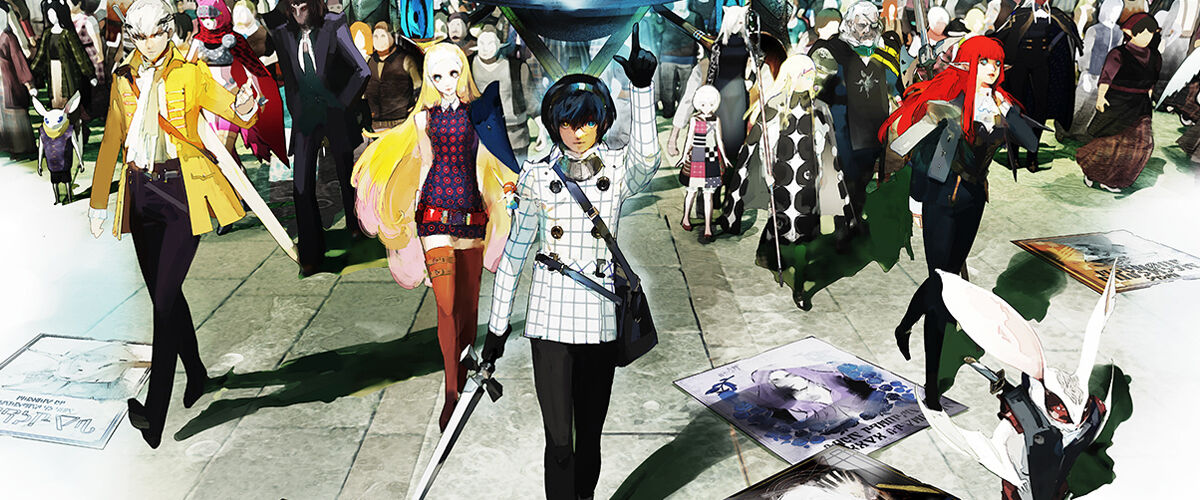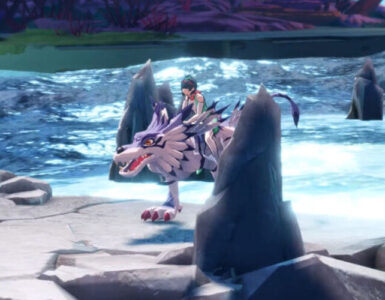The core Japanese role-playing game (JRPG) experience is rooted in storytelling, exploration, combat, character customisation, and more, but Atlus’ Persona series directed recognition and attention to an overlooked element of the process – user interface (UI). Sporting a stylish, visually arresting flair, the franchise has carved out a distinct identity in the space, becoming an epitome of visual creativity over the years.
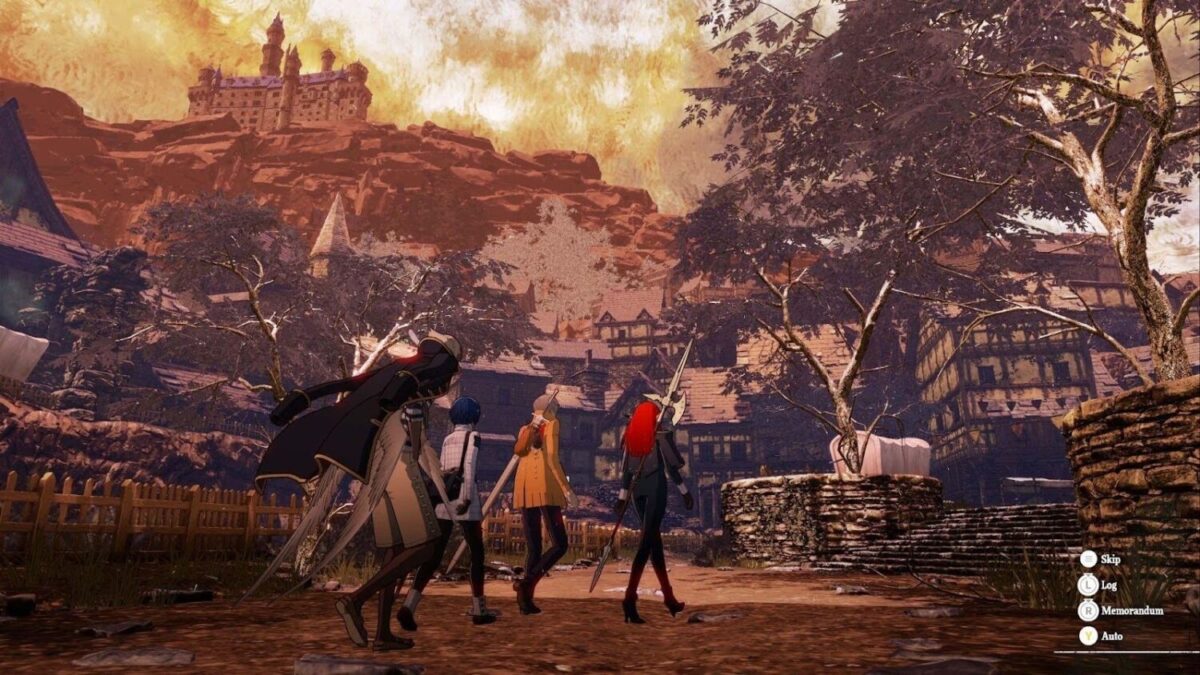
Metaphor: ReFantazio, the publisher’s latest adventure from Studio Zero, one of Altus’ three developer divisions, will take players on a brand-new journey through medieval times. Fuelled by great ambition, it marks a departure from the publisher’s established formula and bears significance in several ways, especially since it’s the first original game from Studio Zero since its formation in 2016, led by Persona and Shin Megami Tensei alumnus Katsura Hashino.
The veteran’s portfolio speaks for itself. Apart from helming Shin Megami Tensei III: Nocturne (2003), he also directed Persona 3 (2006), Persona 4 (2008), and Persona 5 (2016), and was intimately involved in the various spin-offs. Joining him on the project are key staff from the Persona series, including character artist Shigenori Soejima and music composer Shoji Meguro, as well as established industry figures like mechanical designer Ikuto Yamashita of Neon Genesis Evangelion fame, and concept artist Kazuma Koda (NieR: Automata, 2017).
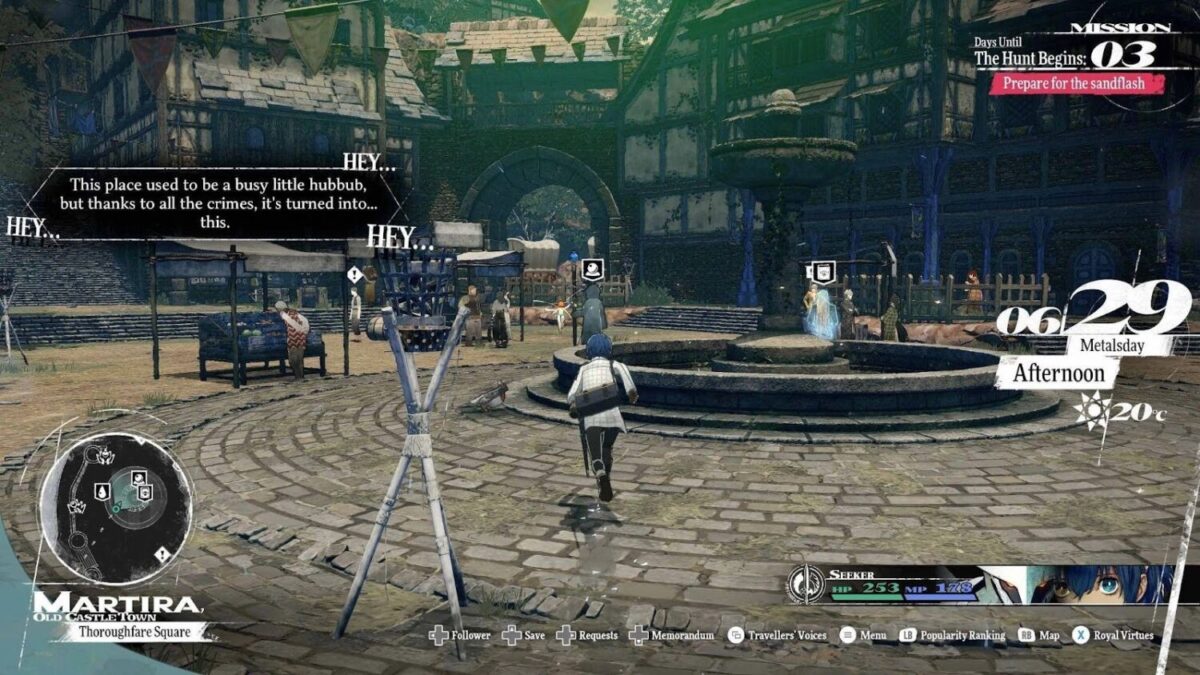
Saddled with a wealth of experience and expertise, the highly anticipated outing has been in good hands from the outset. It’s not without challenges, however, as the world building represents the team’s first foray into uncharted waters – instead of Persona’s high-school setting or the post-apocalyptic landscape of Shin Megami Tensei, Metaphor: ReFantazio takes place in the United Kingdom of Euchronia, a medieval fantasy realm mirroring the contemporary real world.
The story picks up after the assassination of the king, which throws the kingdom into chaos and unrest, and places a curse on the Prince, putting him in an eternal slumber. An orphaned boy of the Elda tribe serves as the protagonist who embarks on a journey to lift a curse placed on his childhood friend, the Prince, and rallies support from the kingdom’s people as he attempts to claim the throne in his place.
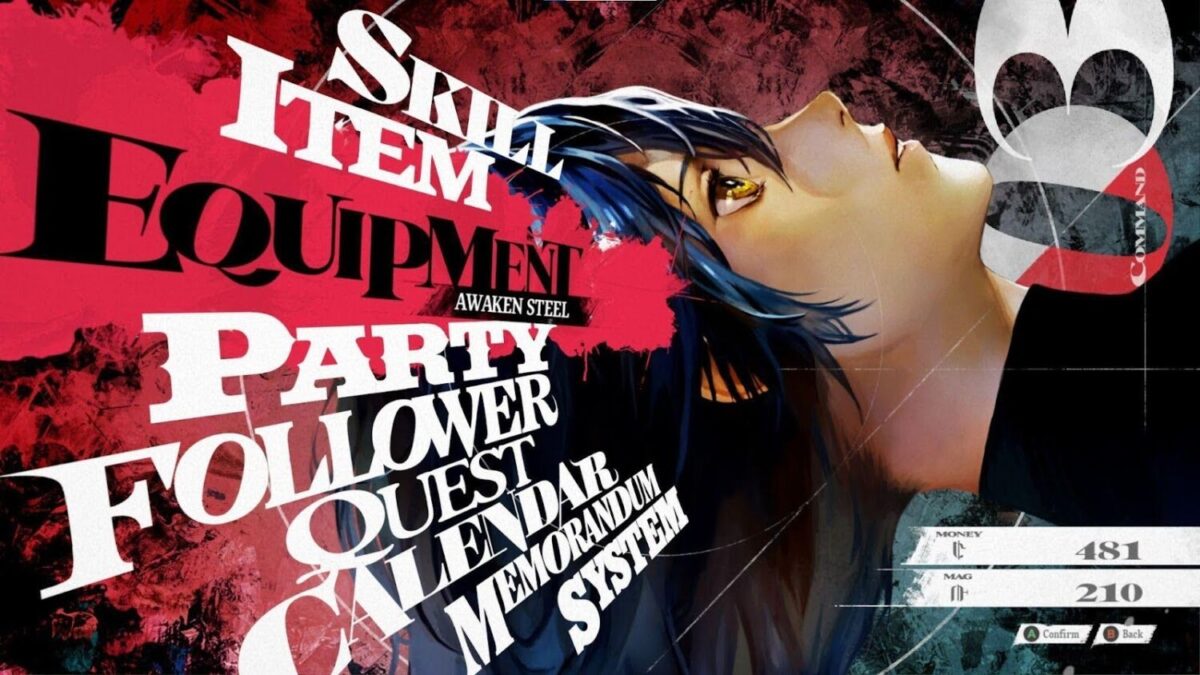
The premise is certainly a departure from what fans are used to, but the trappings of its forebears lend a comforting and familiar presence to the experience. More than that, Metaphor: ReFantazio promises to evolve the Persona and Shin Megami Tensei mould, cultivating a distinct charm and unique personality that sets it apart as an original standalone title.
Here’s how it fleshes out existing elements in the best way possible.
1) Archetype system presents a new spin on traditional RPG classes
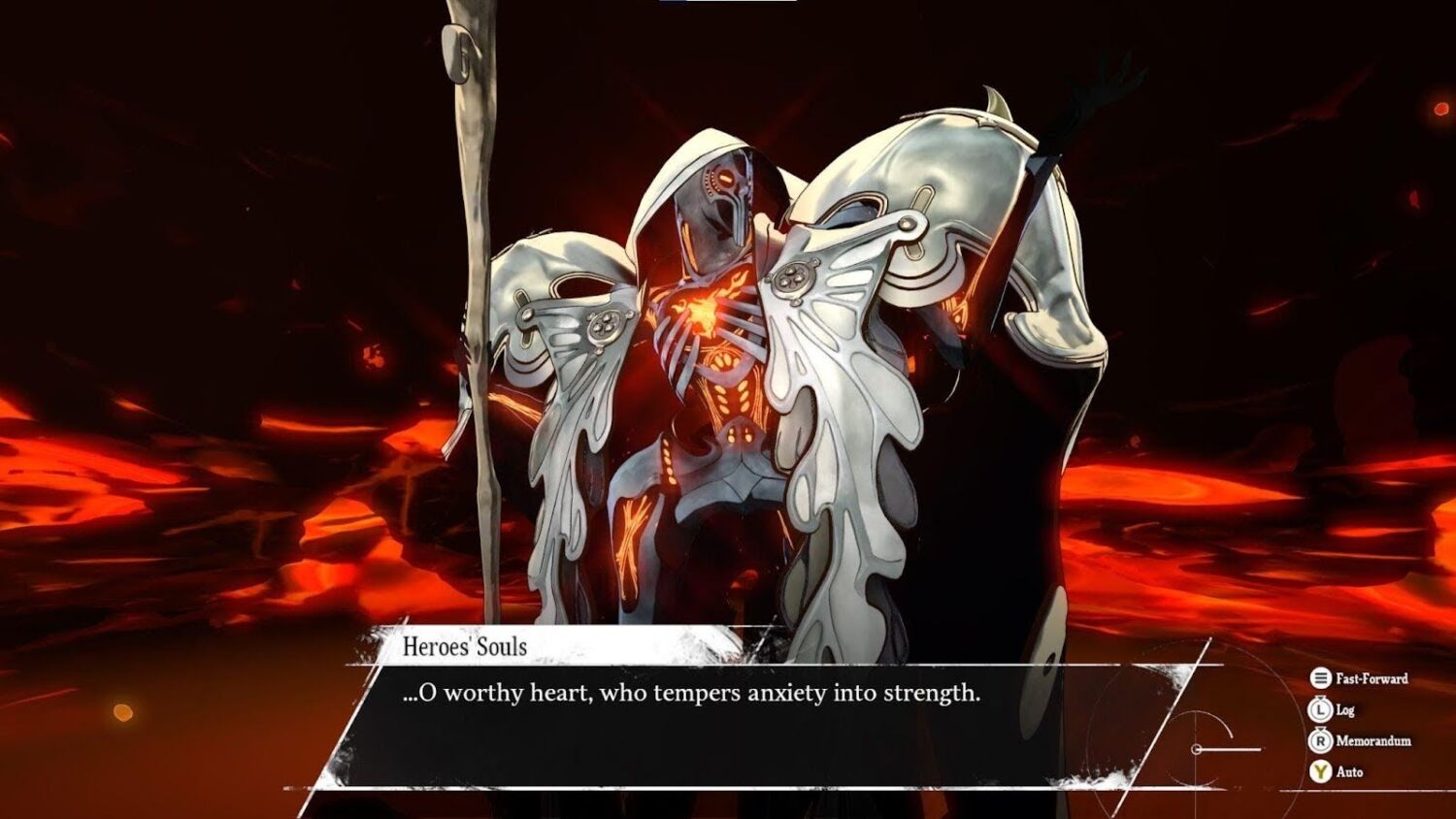
A fresh take on the traditional job system in RPGs, the Archetype mechanic allows any party member to change between different play styles after unlocking them. This transformative type of magic turns users into a new, more powerful form and grants access to 14 base options or lineages, each sporting a striking look that corresponds to the idea of their depictions, and can be evolved through strengthening bonds with foes.
For instance, the Healer wields a staff in hand, while the Knight is designed to be atop a horse. Individual Archetypes, treading on familiar ground, are equipped with different specialisations and move sets, but can work together to use Synthesis Skills, joint attacks performed by two Archetypes, if they resonate with one another.
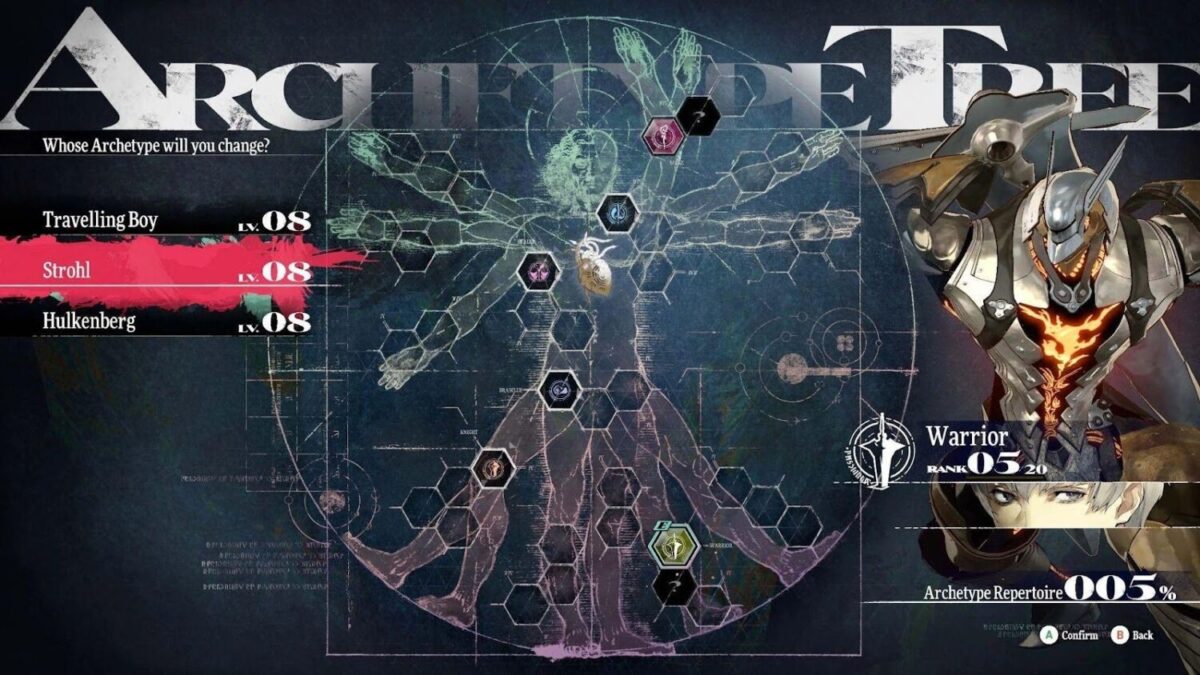
This addition of Archetypes affords a touch of flexibility that the Persona titles lack. Rather than assigning party members to a clearly defined role a la the latter, Metaphor: ReFantazio invites players to switch things up – so long as it’s done in moderation. Archetypes gain ranks and learn new skills the more they are used, so constant swapping isn’t recommended. Plus, doing so requires Magla, earned from battles alongside money, items, and experience points (EXP), unless full mastery is achieved.
In play, the mechanic works like a charm. The freedom to change between Archetypes is a welcome breath of fresh air, with each oozing sufficient character to feel different from the rest. There are over 40 Archetypes to unlock across multiple lineages and evolutions, allowing for plenty of gameplay variety and experimentation, especially when coupled with Synthesis Skills and positioning requirements, as certain Archetypes perform better at the frontlines than others.
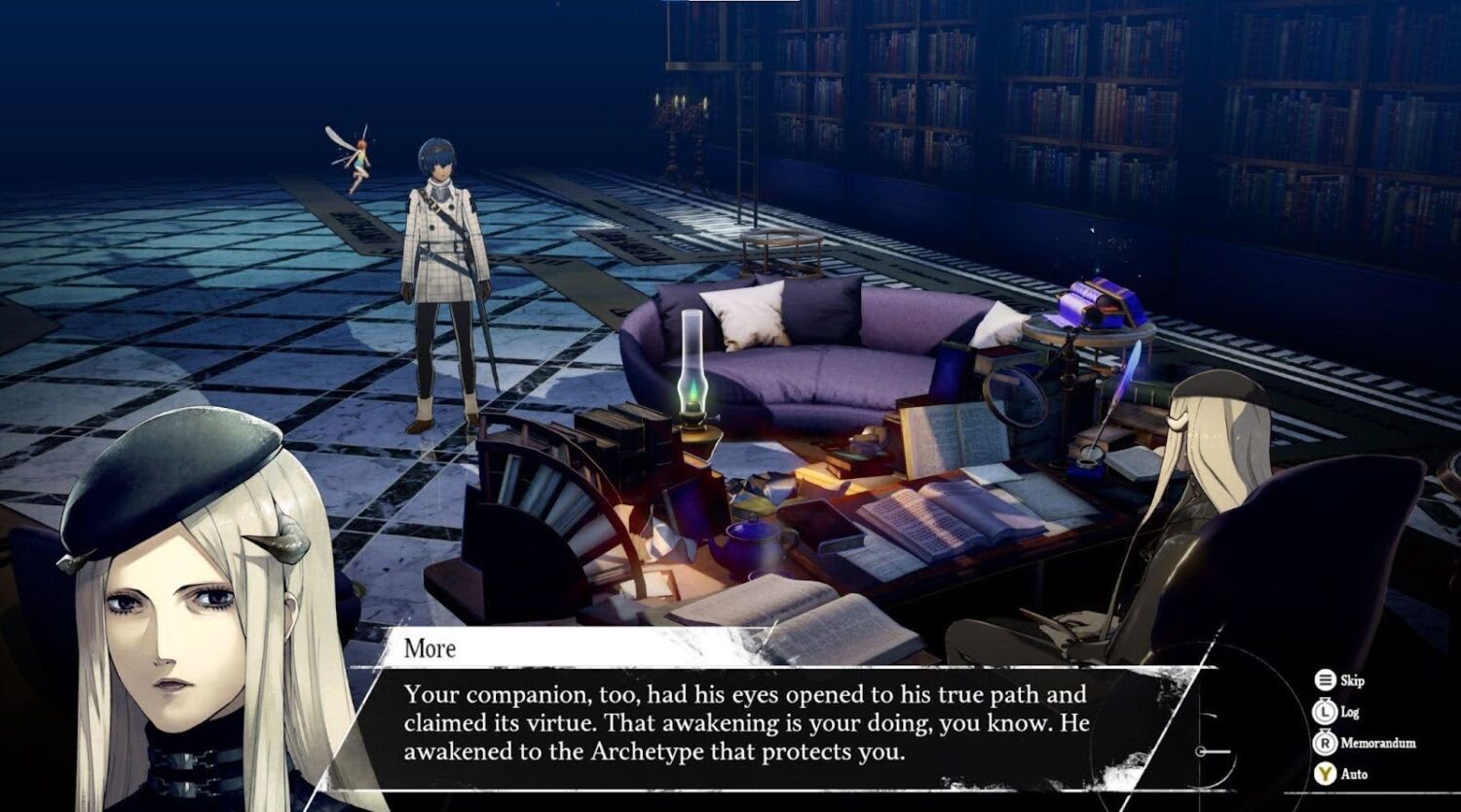
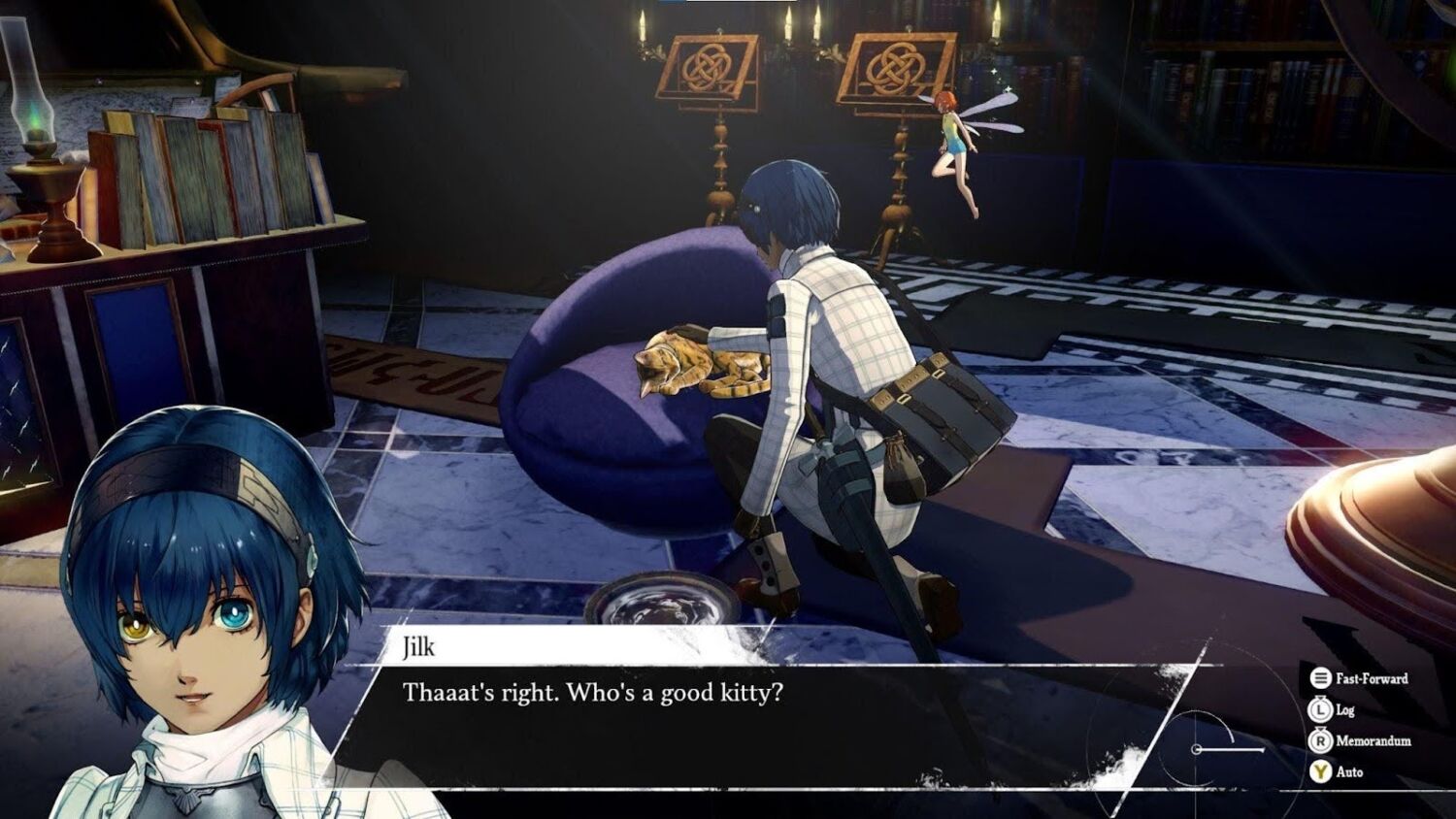
The new coat of paint ensures a fresh experience for Atlus veterans in more ways than one, but there’s the Persona influence to embrace as well. Alongside the visceral Persona Awakening-like action of characters ripping their heart out to evoke Archetypes, load-outs are customised and assigned in the Akademia, akin to the Velvet Room or World of Shadows from Shin Megami Tensei. Oh, and players can pet the adorable cat on the chair, too.
2) Combining real-time action and a turn-based system for more dynamic combat
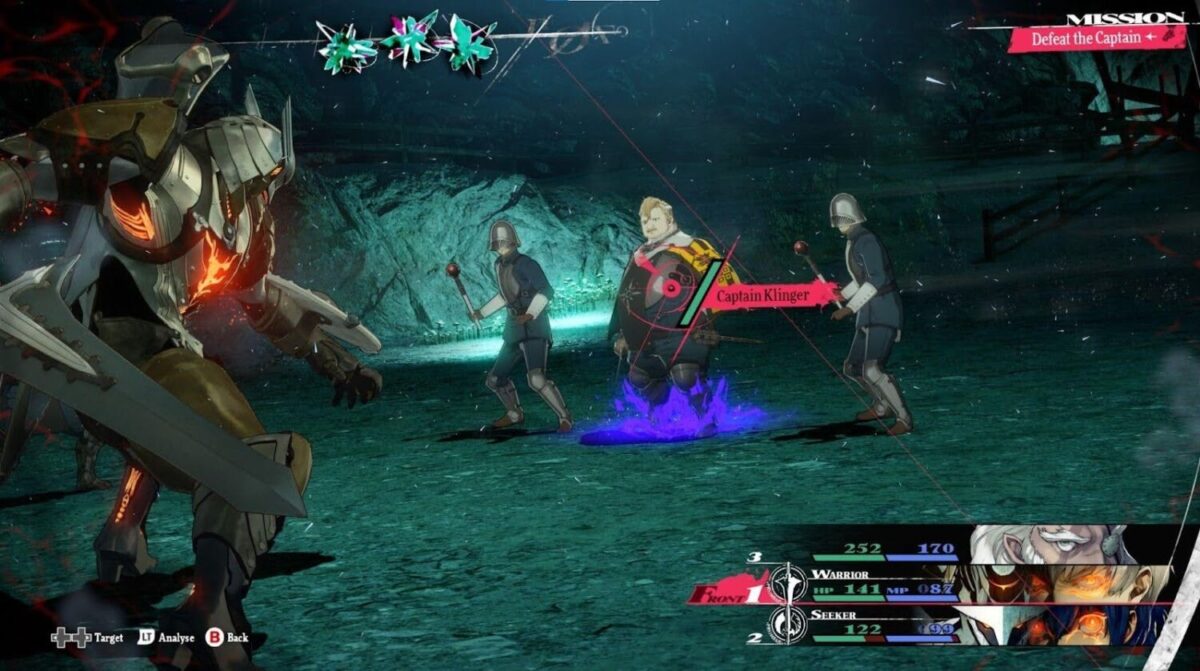
The combat loop in Metaphor: ReFantazio marches to the same turn-based rhythm as its forebears, but adds a new wrinkle to engaging enemies. Featuring a heavier Shin Megami Tensei skew, the game inherits the Press Turn system instead of Persona’s one-hit-per-round approach (minus One Mores), which gives extra actions for each turn phase.
Performing a critical hit or hitting an enemy’s weakness earns players an additional action – a double-edged sword that can also be used against them by enemies. What’s new here, though, is that Synthesis Skills consume two turn icons – responsible for determining the process of switching between the player’s and opponent’s turn – and calls for more strategic planning, such as when best to unleash them.
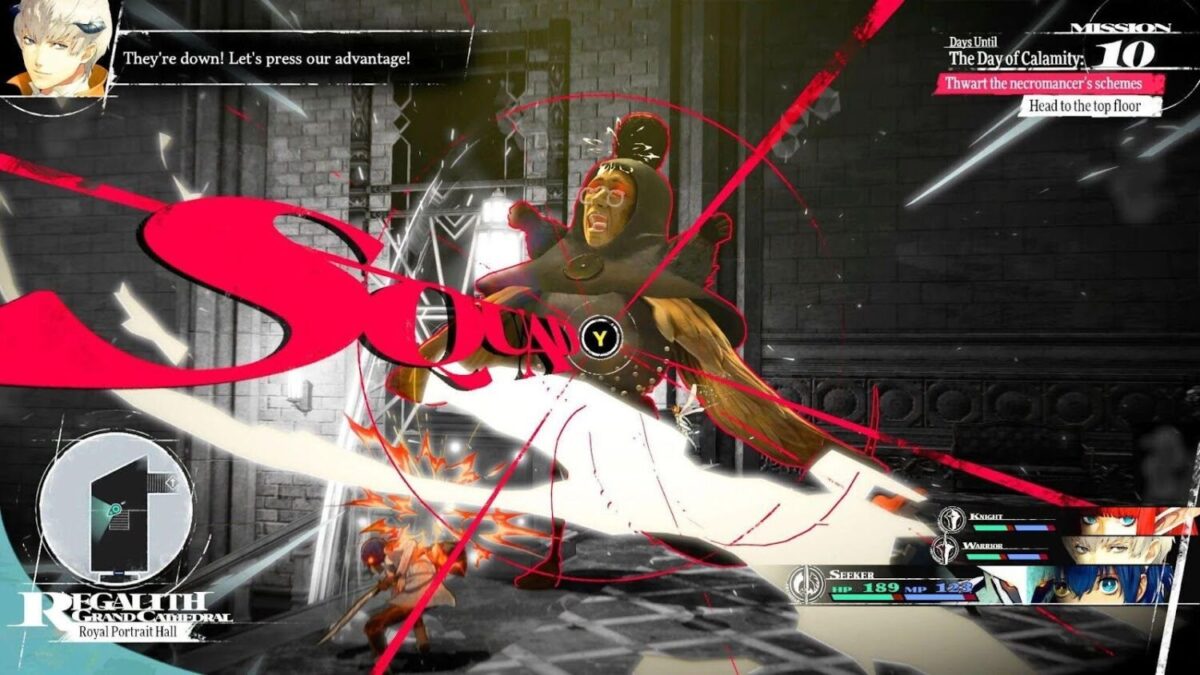
Initiating combat is where the real-time action element comes into play. Slashing foes out in the wild grants a turn advantage and whittles down their health, and the reverse works to the same effect, where being ambushed lands a severe disadvantage. It’s a little more fleshed out than the stealth segments in Persona 5 with a dodge-roll feature and Archetype-dependent attacking style. The risk-and-reward play style elevates the thrill factor, while the hybrid combat system improves pacing by easing the transition between exploration and entering battles, aided by stylish UI animation. The crisp and smooth quality that comes with attacking enemies is a bonus, making combat an engaging and enjoyable affair.
3) Opening up the world for greater exploration
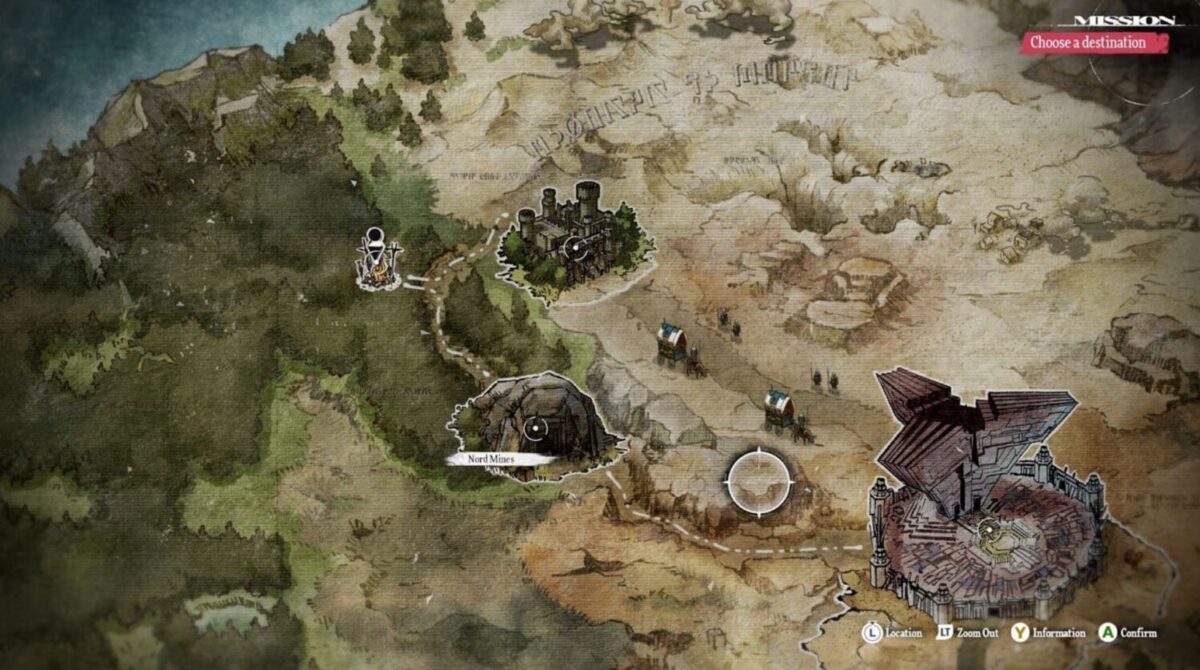
Similar to Shin Megami Tensei V: Vengeance and stepping away from the Persona tradition, Metaphor: ReFantazio offers a free-roaming experience. Exploration is no longer confined to the city where the story takes place, extending into other towns, villages, camps, and dungeons. Travel routes and traversal methods can be established, with a caravan-esque vehicle called the Gauntlet Runner acting as a hub of sorts.
In transit (because navigation takes time), the protagonist can carry out various tasks like cooking, reading, doing laundry, and under specific circumstances, fishing and bathing, marking a welcome reprieve from battling. Spending time with companions, meanwhile, reveals unique interactions and the opportunity to strengthen relationships, which affects combat as stronger bonds unlock new Archetypes and abilities.
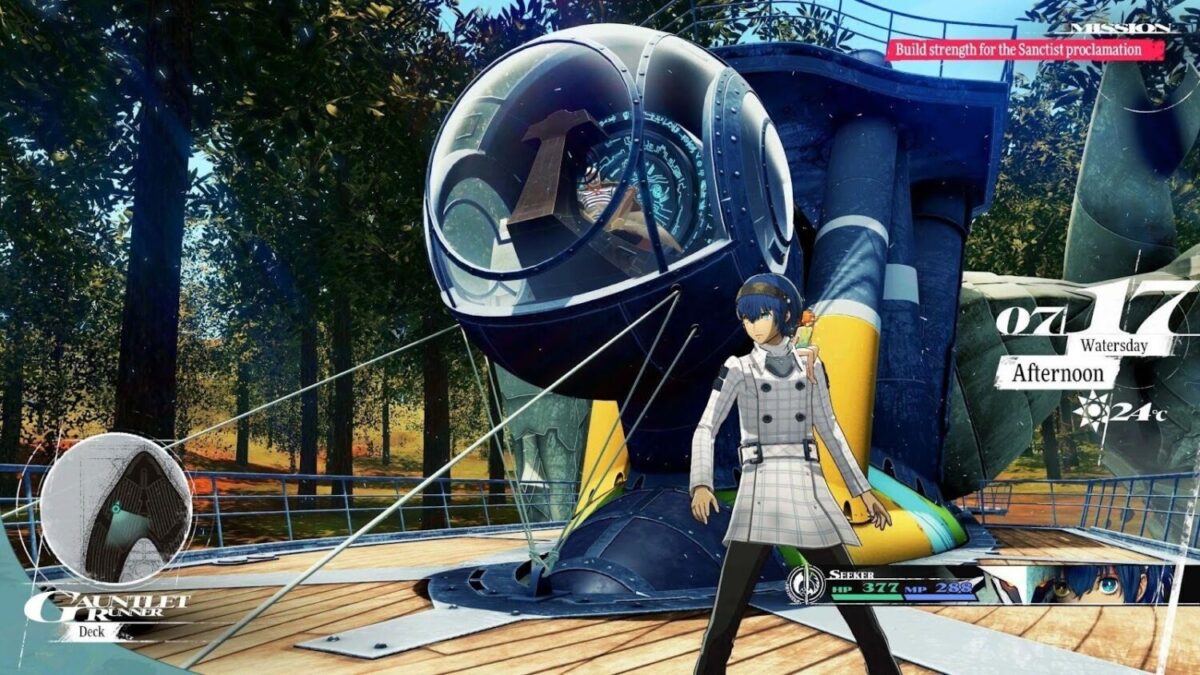
To enjoy some calm and tranquility onboard the Gauntlet Runner, head over to the deck to watch the whole travelling process unfold in real time. Alternatively, there are side activities in towns that further push the unwinding agenda, such as bungee jumping and milking cows.
4) Time management is more important than ever
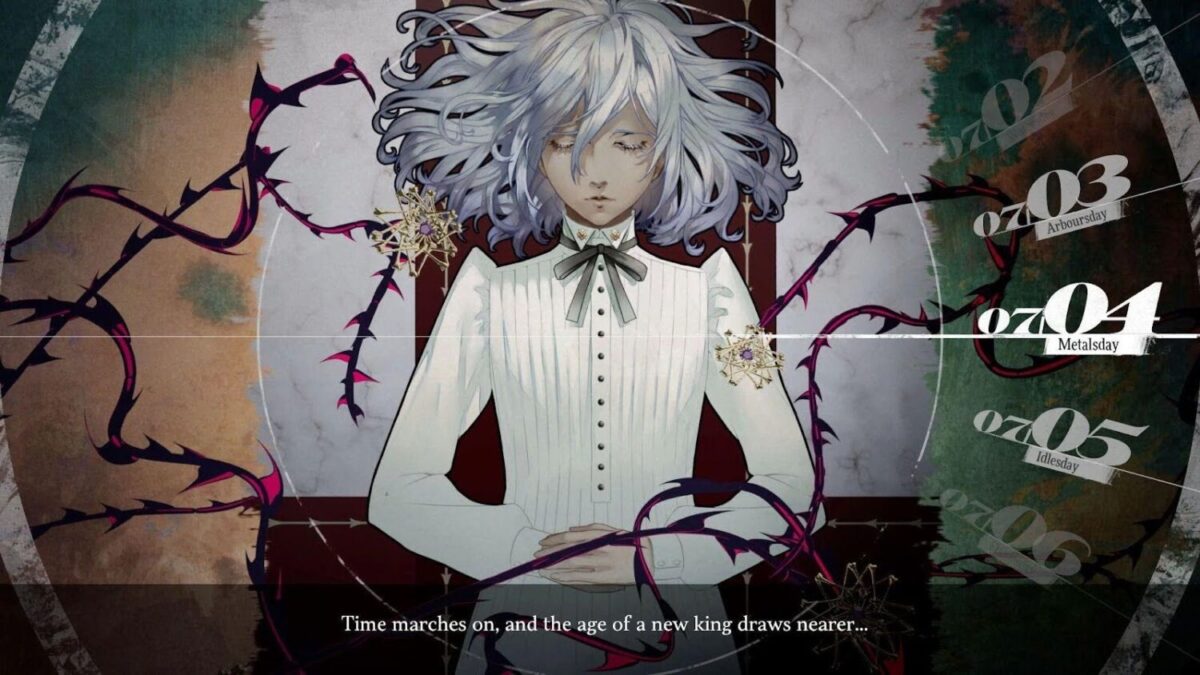
Building on the calendar system in Persona 3 and beyond, Metaphor: ReFantazio tightens its grip on time for a more realistic experience. There are morning and night phases to each day, and planning your travel around major events continues to be necessary – even more so here. Not only is travelling directly intertwined with the calendar, but the countdown to major story events also makes a return, reinforcing the need for progress at an appropriate pace.
It’s a subtle touch that can culminate in surprising, sometimes unfortunate, and impactful encounters. If too much time is spent on, say, faraway expeditions or exploring a city before picking a location, players can end up in an optional dungeon on a rainy day, spawning stronger enemies. Then, there’s the extra factor of winning over the hearts of individuals and gathering support to become the next king, which requires increased social stats, obtained by participating in certain activities.
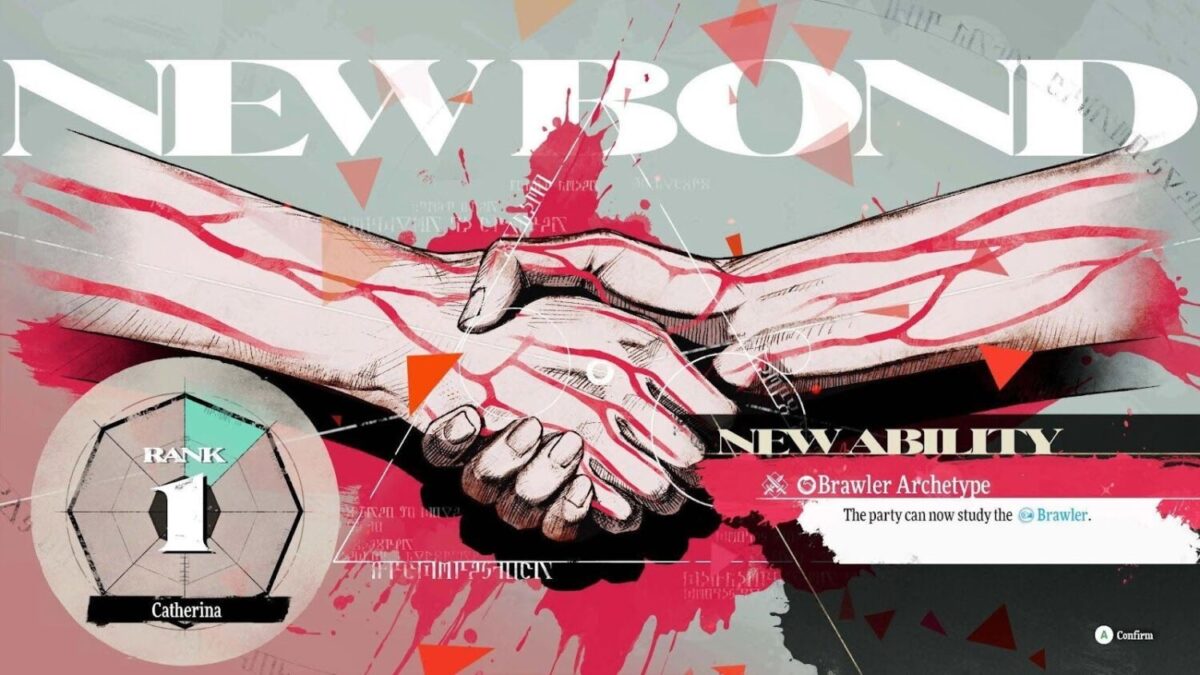
Between exploring, completing quests, building bonds, and everything in between, the game presents the biggest race against time. The unpredictability, however, is all part of the charm, and players can look forward to its vast replayability potential.
5) Exceptional music and stylish UI, tailored for a medieval world
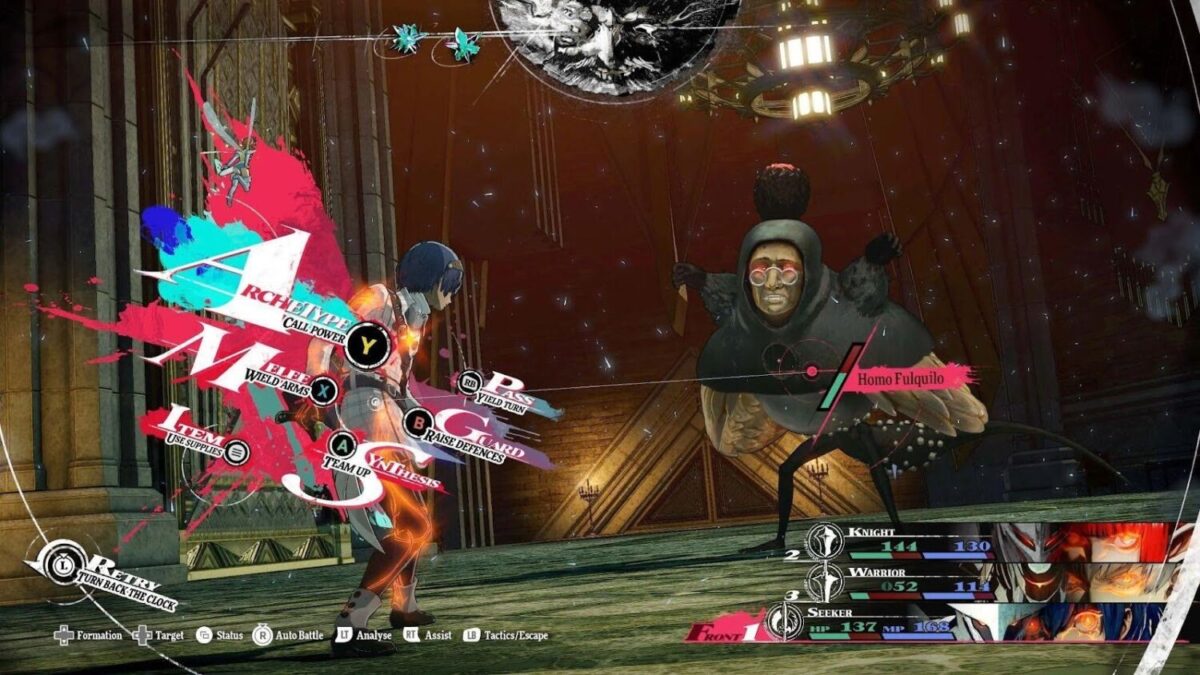
While it’s easy to draw comparisons between the artistic flourish in Metaphor: ReFantazio and the Persona games, this latest adventure embraces its visual identity differently. It eschews a thematic palette for a striking mix of pink, teal, aquamarine, varying hues of blues and greens, splatter and fade effects, and a cloudy, grainy texture that tones down the bold and eye-popping strokes of before.
The music score, more aligned with Shin Megami Tensei, represents a leap into rich classical orchestration, accompanied by urgent chanting and Latin-like choral harmonies. In particular, the strings and brass exude heightened drama and tension for battles, playing nicely into the medieval motif.
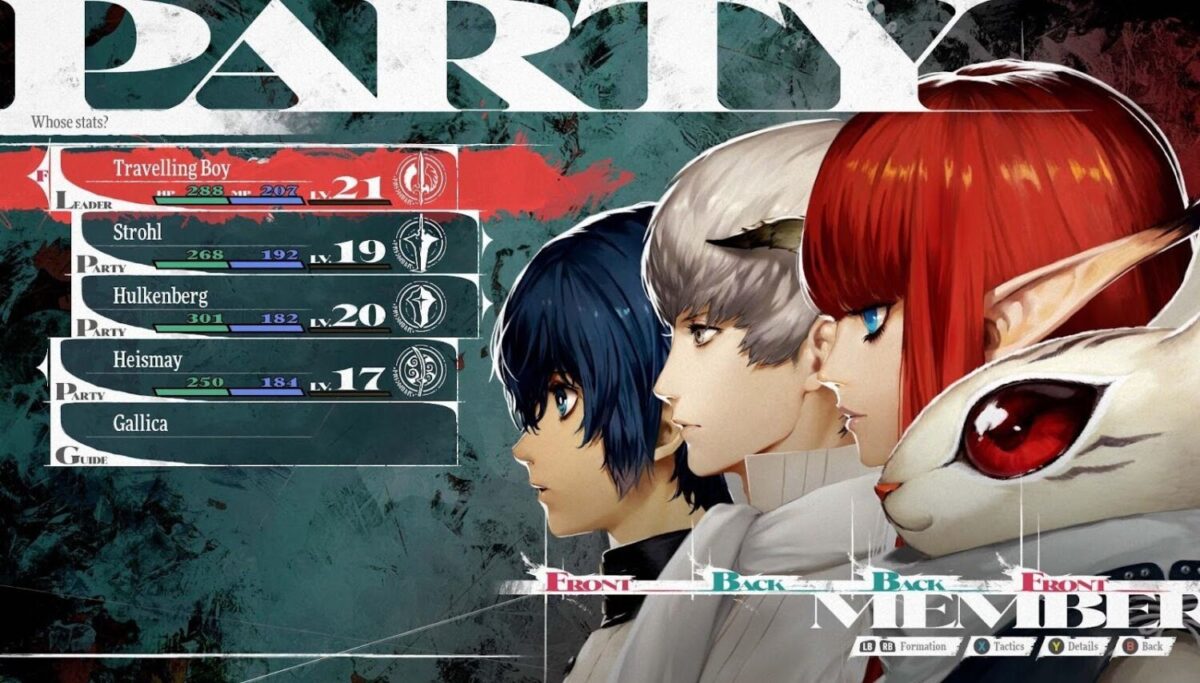
Ambition has a name, and it’s Metaphor: ReFantazio. A culmination of Atlus’ past works, the studio’s latest is a sprawling adventure rooted in both novelty and innovation. The standalone adventure inherits the hallmarks of the Persona and Shin Megami Tensei formula but commands attention with its new direction – narratively, mechanically, and artistically. For Atlus veterans, the evolution proves to freshen up familiar experiences in all the ways that matter.
Metaphor: ReFantazio launches on 11 October for PlayStation 4, PS5, PC, and Xbox Series X|S.

